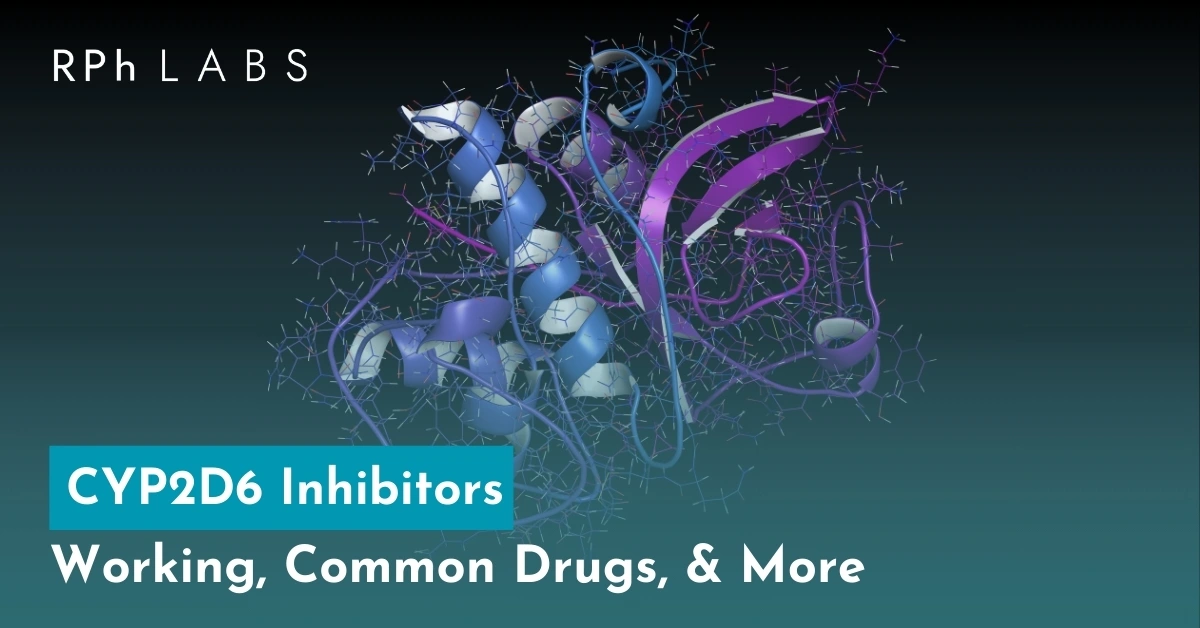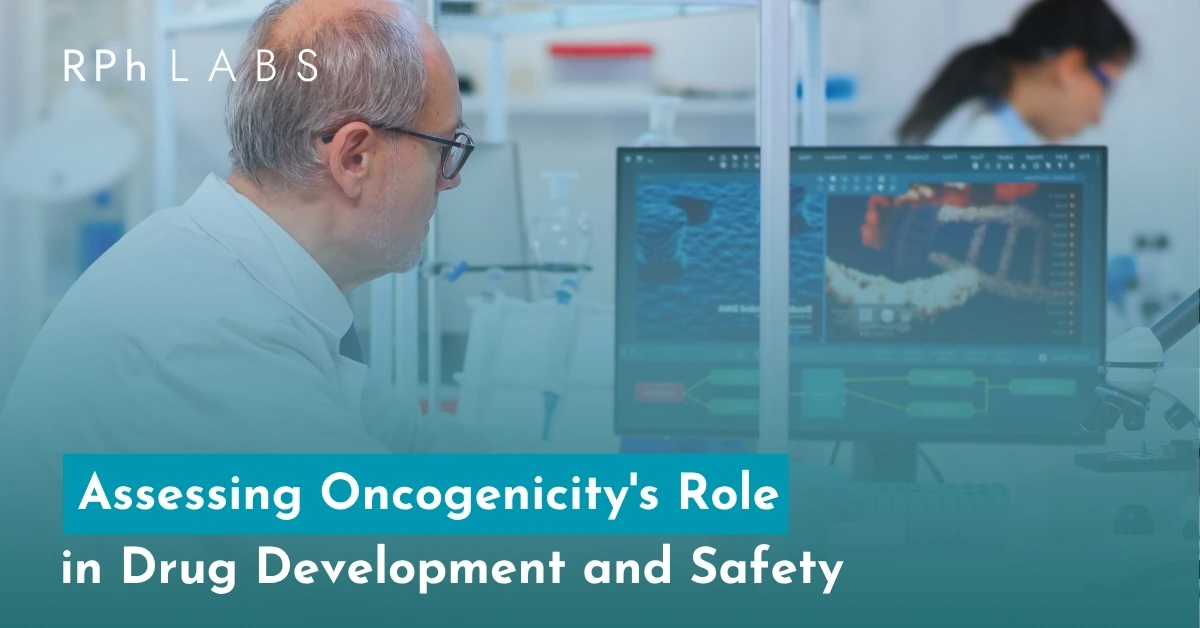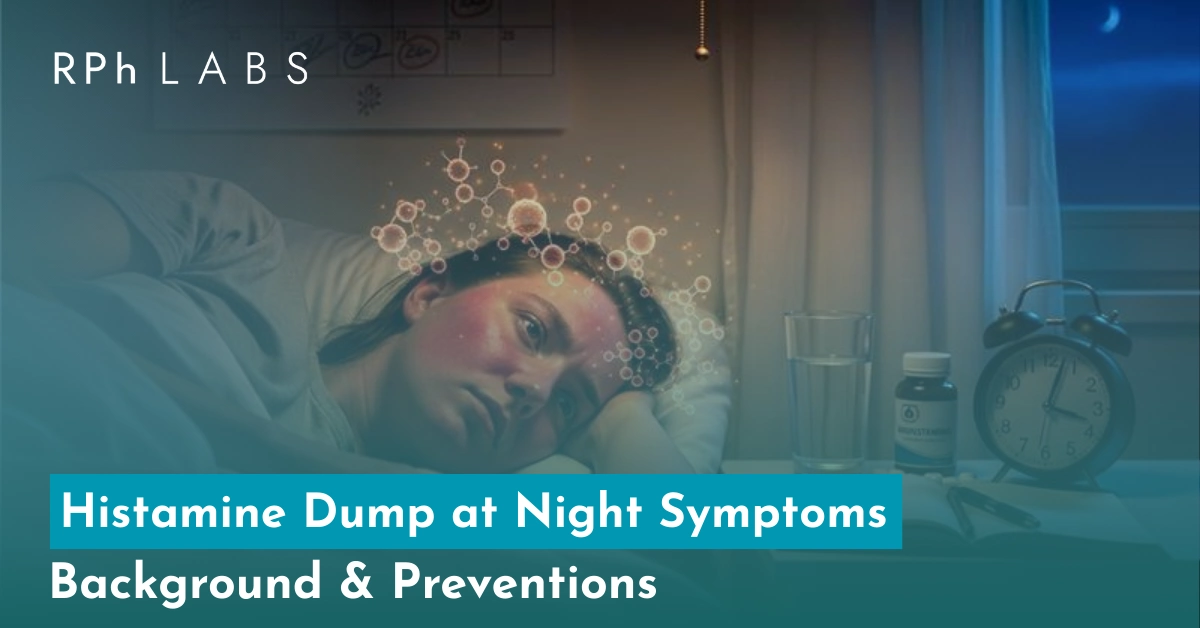Introduction People diagnosed with attention-deficit/hyperactivity disorder (ADHD) are normally prescribed Adderall, and their focus, along with impulse control, markedly improves. In clinical settings and public discussions, one question that does come up is “Does Adderall Increase Metabolism?”. The answer is complex: the response to the medication is complex due to an individual’s unique physiological responses […]












